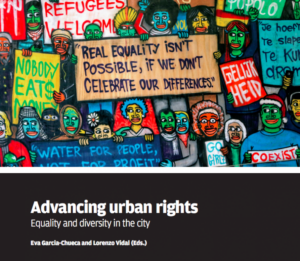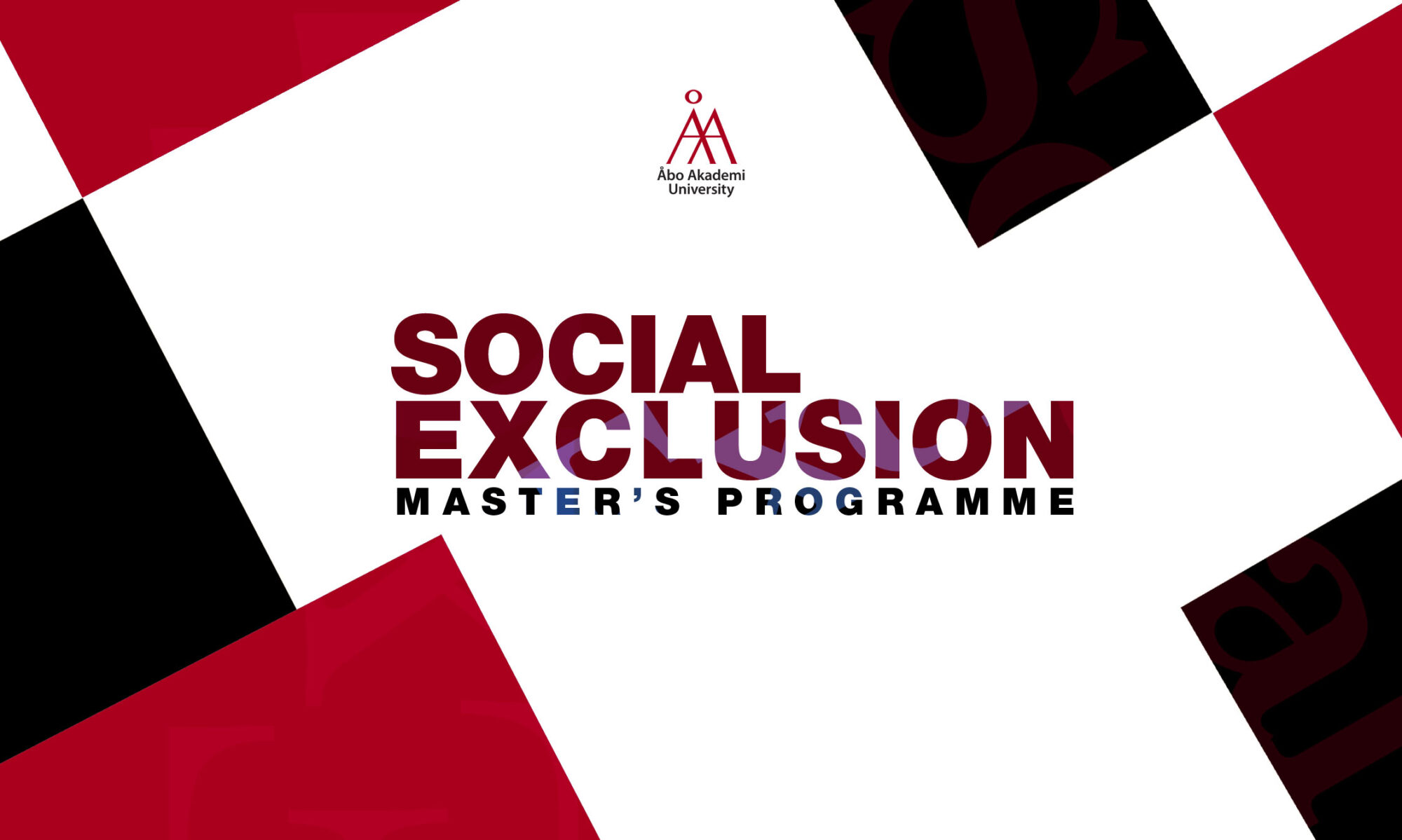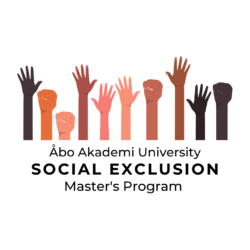Advancing Urban Rights: Equality and Diversity in the City

By Eva Garcia-Checua and Lorenzo Vidal
Book Summary
How can the set of rights that underpin the notion of the “right to the city” be advanced? In seeking answers to this question over several decades, social mobilizations have been assembled and new political and legal frameworks promoted. New interpretations and political articulations of the right to the city, especially those that have emerged since the end of the 2000s, encourage us to view it through the lens of identity politics. They propose that attention should be given to the diversity of the social groups that live in urban environments, whose voice and agency must be recognized in the construction of the city in the interests of equality and social justice.
Addressing these issues not only involves recognizing and valuing the subjects that have historically been marginalized in the construction of urban space, both physical and symbolic. It also means bearing in mind that the city materializes and is experienced in a different way by the different groups that inhabit it through their practices, uses of it and, in short, how their daily life takes shape. Advancing Urban Rights will help both concerned citizens and policy makers identify and analyze redistribution and recognition policies, institutional change, and social production of the city in an increasingly urban world.
About the authors
Eva Garcia Chueca is a Senior Research Fellow of the Global Cities Programme at CIDOB. She combines her research activities at CIDOB with teaching in graduate, post-graduate and PhD courses at different universities (IBEI, UOC, University of Coimbra). She holds a PhD Cum Laude in Postcolonialisms and Global Citizenship at the University of Coimbra (Portugal). She holds a Master’s Degree in Citizenship and Human Rights: Ethics and Politics at the University of Barcelona (2010) and a European Master’s Degree in Human Rights and Democratisation at EIUC (2005). She also holds a Bachelor’s degree in Law at UB (2004). From 2011 to 2018, she was a researcher at the Centre for Social Studies (CES), University of Coimbra. She was one of the international 20 experts who took part in HABITAT III Policy Unit on the Right to the City and Cities for all (2015-2016). The work of this Policy Unit nurtured the New Urban Agenda. She served as Executive Coordinator of the Committee on Social Inclusion, Participatory Democracy and Human Rights of the global network United Cities and Local Governments UCLG (2007-2014). In this framework, she created and coordinated the Inclusive Cities Observatory. Her main interest areas are human rights, the right to the city, urban policies, social inclusion, citizen participation, postcolonial studies and feminisms.
Lorenzo Vidal is a Marie Skłodowska-Curie Individual Fellow at the Institute for Housing and Urban Research at Uppsala Universitet in Sweden, working on the project, O2A-From Ownership to Access: Digital and Policy Tools for Building Post-Homeownership Futures. He is also collaborator with the Institute of Government and Public Policy at the Autonomous University of Barcelona and associate researcher at CIDOB-Barcelona Centre for International Affairs. He holds a PhD in Political Science, Public Policies and International Relations from the Universitat Autònoma de Barcelona and a Master’s degree in International Economics and Development from the Complutense University of Madrid. His main research interests centre on urban political economy, with a focus on housing, property and digital transformations. In Barcelona, he is a member of the Sindicat de Barri del Poble Sec (Poble Sec Neighbourhood Union), Ateneu La Base, and the Sotrac housing cooperative.

